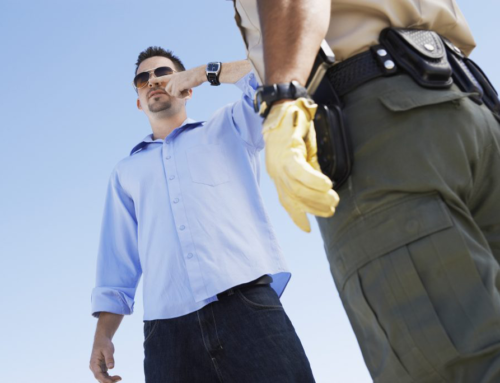 The worst outcome in a DWI accident is when someone involved dies. It’s a tragedy for all parties involved, and can result in a number of different charges. The big one is intoxication manslaughter. There’s no one-size-fits-all charge against drivers whose intoxication led to the death of another individual. We must look at the individual circumstances of each case to determine the best course of action for defense.
The worst outcome in a DWI accident is when someone involved dies. It’s a tragedy for all parties involved, and can result in a number of different charges. The big one is intoxication manslaughter. There’s no one-size-fits-all charge against drivers whose intoxication led to the death of another individual. We must look at the individual circumstances of each case to determine the best course of action for defense.
Manslaughter in DWI Cases
Any time a person causes the death of another individual, it is known as homicide. Homicide is divided into two categories, manslaughter and murder, with murder being the more serious crime. For a crime to be considered murder, there must be some degree of malice or premeditation. Manslaughter is much broader, and does not require intent.
With intoxication manslaughter, the prosecution must prove that a person knowingly became drunk, high or otherwise impaired and got behind the wheel, causing an accident that results in someone’s death. This opens up one potential avenue for defense. If someone unknowingly takes drugs that cause impairment leading to a fatal car accident, then that person has a good shot of having charges and penalties reduced. However, if it can be shown in any way that the person’s impairment was voluntary, then that person has committed intoxication manslaughter.
Intoxication manslaughter is a second-degree felony in Texas. This can result in a two to 20-year prison sentence and up to $10,000 in fines.








